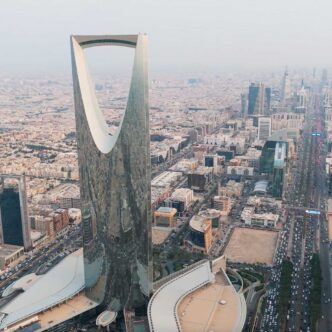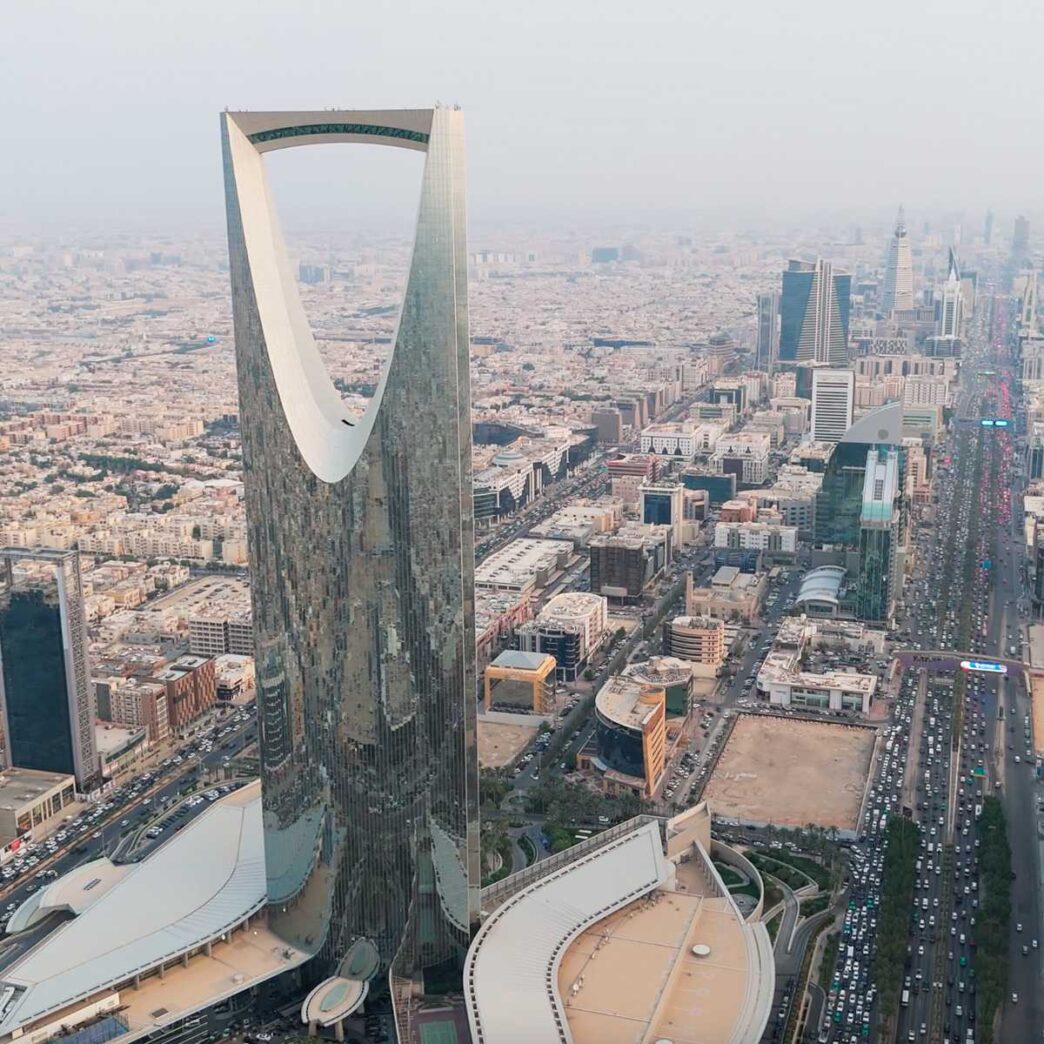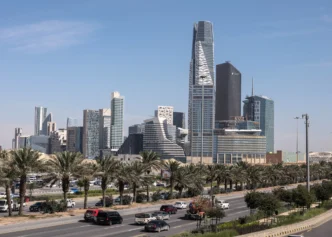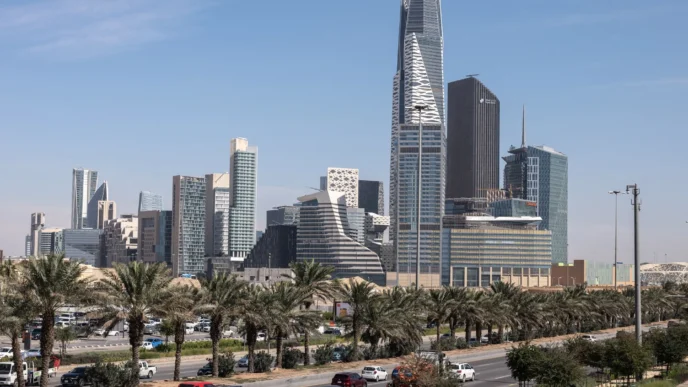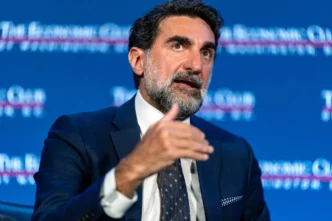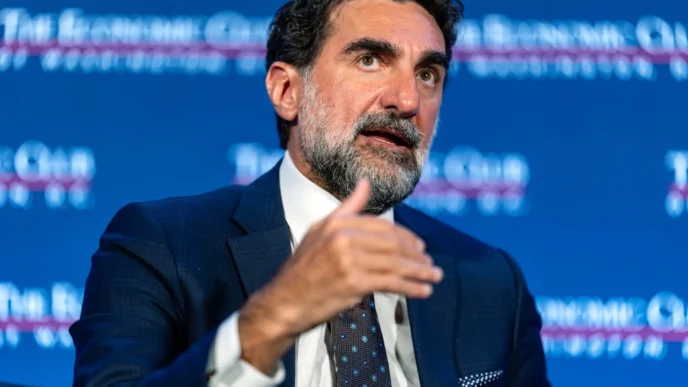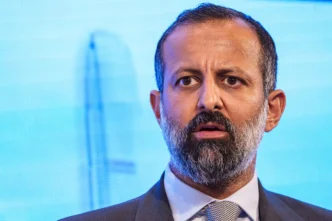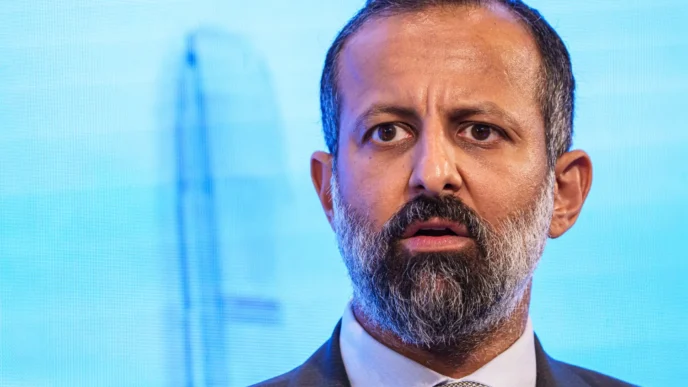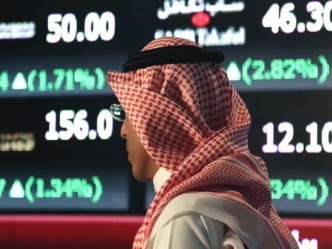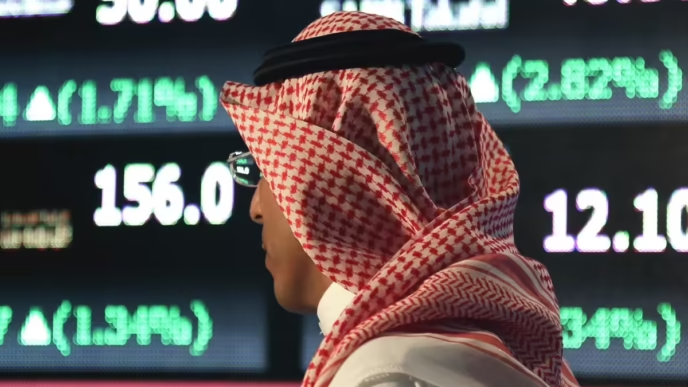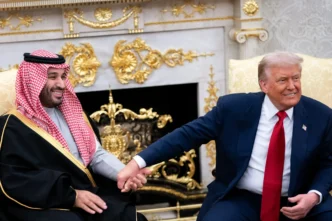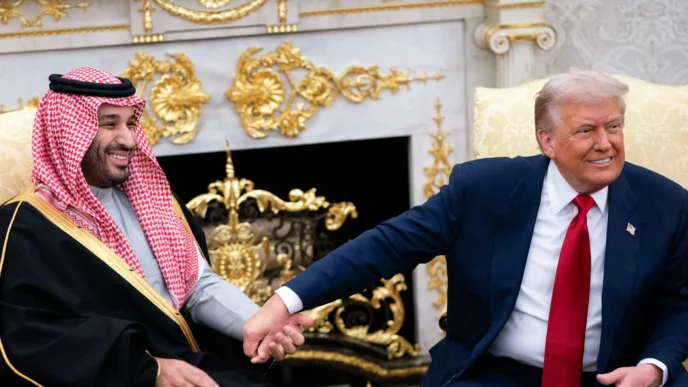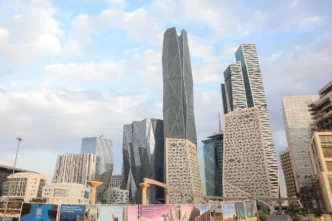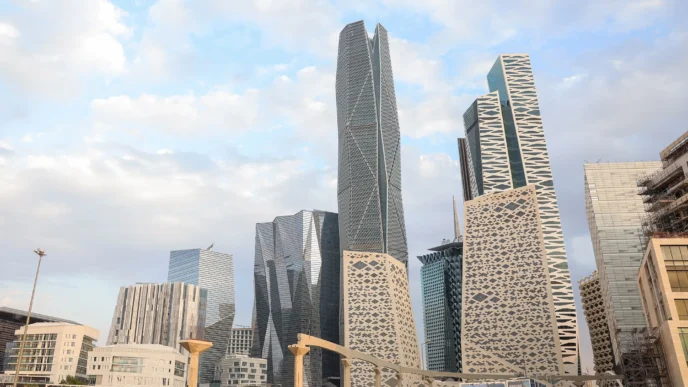Saudi Arabia is entering a pivotal moment in its economic transformation. As global supply chains fragment, energy markets shift, and geopolitical alliances recalibrate, the kingdom is positioning itself not just as a regional heavyweight—but as one of the world’s most reliable long-term partners for investment and industrial development.
That was the message delivered recently by Saudi Minister of Investment Khalid Al-Falih, who said the country’s rapid structural reforms, infrastructure buildout, and pro-business policies are turning Vision 2030 from an ambitious blueprint into a powerful engine of economic diversification.
“Investors today aren’t just looking for returns,” Al-Falih said. “They’re looking for reliability, predictability, and alignment with future industries. Saudi Arabia is building exactly that.”
From Oil Dependency to a Globally Integrated Economy
Launched in 2016 by Crown Prince Mohammed bin Salman, Vision 2030 aims to reduce the kingdom’s historical dependence on oil and transform it into a high-productivity economy focused on technology, manufacturing, logistics, and tourism. In eight years, the plan has moved from theory to implementation across several key pillars:
| Vision 2030 Focus Area | Strategic Goal |
|---|---|
| Economic diversification | Expand non-oil GDP to exceed 50% by 2030 |
| Industrial growth | Develop advanced manufacturing sectors |
| Clean energy | Lead global hydrogen and renewables |
| Foreign investment | Attract $3 trillion in investments |
| Human capital | Expand education, entrepreneurship, and talent programs |
| Tourism & culture | Reach 150 million visitors by 2030 |
Non-oil revenues have risen more than 100% since 2016, foreign direct investment has accelerated, and projects once viewed as speculative—such as NEOM, the Red Sea Project, Diriyah Gate, and Qiddiya—are moving into full construction and operational phases.
“Vision 2030 is no longer a forecast,” said Al-Falih. “It is a delivery program.”
A Strategic Response to Global Economic Realignment
Around the world, governments and corporations are rethinking their global footprints. The rise of “friend-shoring”—relocating industries to stable countries—has created competition among emerging markets. Al-Falih argues that Saudi Arabia is stepping into that role.
“As global investors rethink manufacturing hubs, they want countries with political stability, capital availability, infrastructure, and leadership clarity,” he said. “Few nations can match all four at scale—Saudi Arabia can.”
Why Investors Are Showing Up
- Infrastructure Investment: $1 trillion allocated to logistics, highways, ports, and industrial zones.
- Strategic Location: Gateway to markets across Africa, Europe, and Asia.
- Capital Power: Backing of sovereign instruments like the Public Investment Fund (PIF).
- Economic Stability: G20 member with one of the strongest fiscal positions globally.
- Regulatory Reform: New investment laws, PPP frameworks, and business licensing reforms.
Beyond Oil: A New Industrial Era
Saudi Arabia is fast-tracking investment in strategic industries that will shape the future global economy.
Growth Sectors Under Vision 2030
| Sector | Key Developments |
|---|---|
| Energy transition | Hydrogen and carbon capture projects |
| Automotive | EV manufacturing partnerships |
| Technology & AI | Cloud data centers and AI research zones |
| Biotech | Pharmaceuticals and medical research hubs |
| Mining | Critical minerals strategy for global supply |
| Tourism | Luxury megaprojects and heritage destinations |
The kingdom recently signed agreements with multinational companies including Lucid Motors, Hyundai, Boeing, Huawei, and Amazon Web Services—showcasing momentum across sectors.
The Reliability Message
In a world shaped by political shocks—from war to protectionism to deglobalization—Al-Falih emphasized Saudi Arabia’s commitment to long-term, rules-based economic cooperation.
“We want to be seen as more than investors or energy suppliers,” he said. “We want to be strategic partners. A nation that delivers.”
This “reliability doctrine” has become a core talking point for Saudi Arabia’s investment diplomacy. The message resonates particularly with markets seeking stable expansion in the Middle East region and beyond.
Challenges Remain
Despite progress, Vision 2030 faces significant challenges:
- Global skepticism about megaproject execution timelines
- Labor market transformations and talent development needs
- Pressure to maintain balanced fiscal policies amid ambitious spending
- Competition from other regional economic hubs like the UAE and Qatar
But Al-Falih insists the transformation is irreversible.
“Economic reform is no longer optional,” he said. “Saudi Arabia has chosen a future where it leads—not follows—the global economic transition.”
A New Phase: Partnership-Driven Growth
As foreign delegations arrive, global boardrooms take notice, and investment conferences in Riyadh grow larger each year, Saudi Arabia’s economic narrative is shifting. No longer is it a story about oil dependence. It is now a story of scale, ambition, and strategic reinvention.
“The world is searching for trusted economic partners,” Al-Falih said. “Saudi Arabia is ready to be one of them.”


